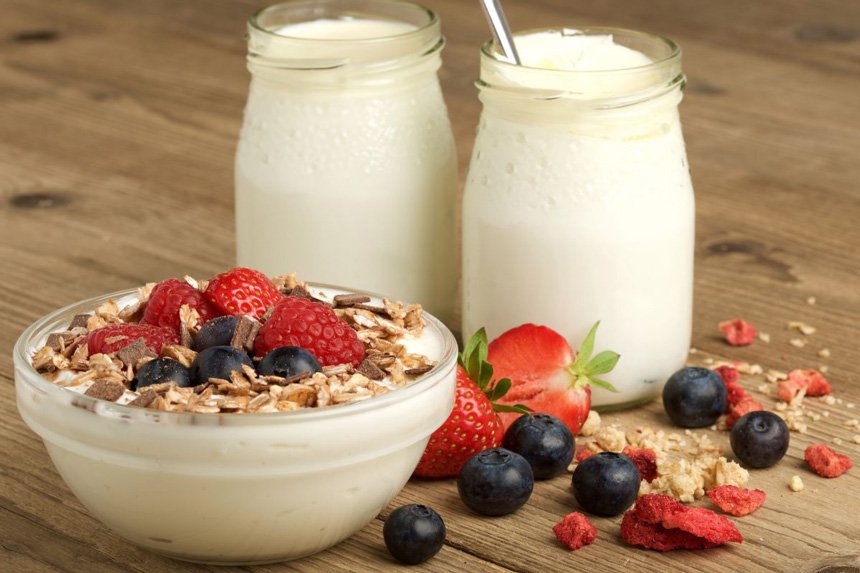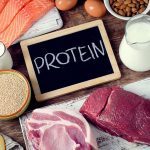Beef

Beef is a rich source of various B vitamins, including thiamine, riboflavin, niacin, pantothenic acid, pyridoxine, and cobalamin. A 3.5-oz serving of sirloin steak provides a good portion of the DV for these vitamins, contributing significantly to your overall intake. Meat consumption has been shown to play a vital role in delivering thiamine, niacin, and pyridoxine, according to studies on dietary habits.
Beyond its B vitamin content, beef is a high-quality protein source and provides iron, zinc, and selenium. These nutrients are essential for muscle building, immune function, and antioxidant protection.
Yogurt

Yogurt stands out for its riboflavin and B12 content. Depending on the type, a 2/3-cup serving of yogurt can provide a significant portion of the DV for these vitamins. Yogurt is not only a delicious and versatile food but also contributes to digestive health thanks to its probiotic content. While plain yogurts are a healthier choice due to their lower sugar content, even flavored yogurts can be part of a balanced diet if consumed in moderation.
The nutritional benefits of yogurt extend beyond B vitamins to include calcium and protein, supporting bone health and muscle repair. For those who do not consume dairy, fortified non-dairy yogurts made from soy, almond, or coconut can also provide these essential nutrients. However, it’s important to check the label for fortification.





